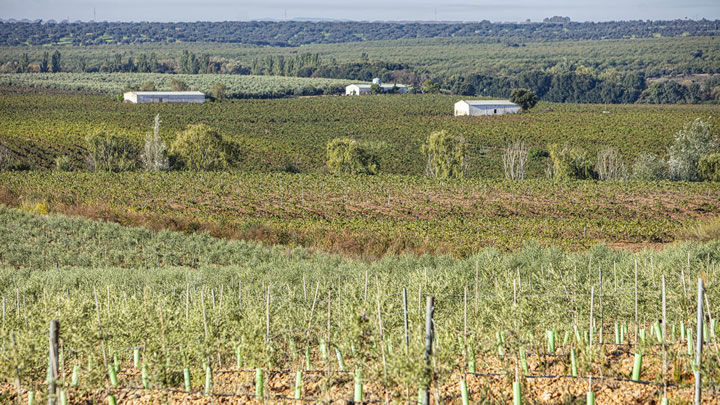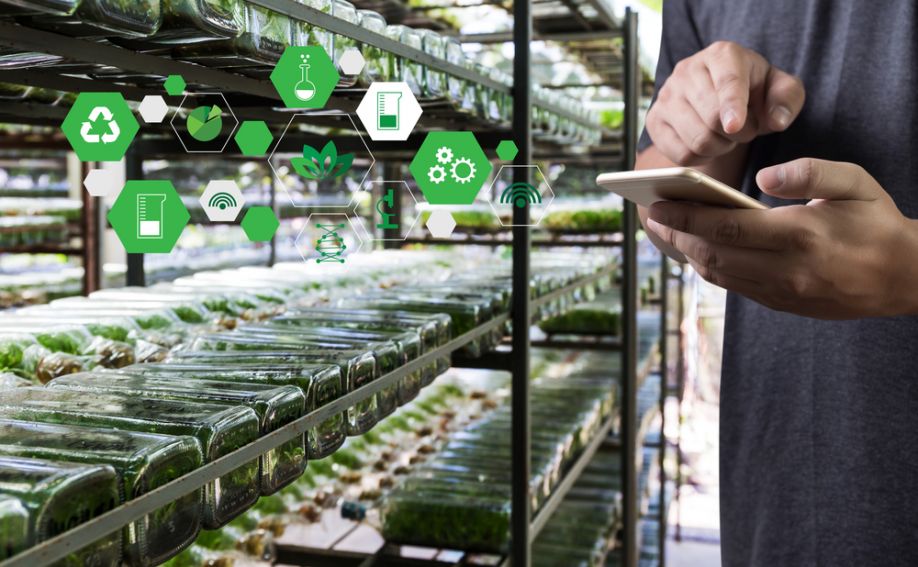Hybrid Microgrid System Helps Company Meet Production and Sustainability Goals
How Can Greenhouses, Vertical Farms & Container Farms Work Together?
Taylor Farms Taps Bloom Energy, Ameresco and Concept Clean Energy to Take California Fresh Vegetable Production Facility Off the Grid
Driving a Revolution in Irish Agriculture - Micromotors Power Efficient and Sustainable Farming
Innovative Energy-Saving Solar Greenhouse Idea Wins Schneider Go Green Student Competition
Examining the Environmental Implications of Biofuel
Using AI, Robotics and Plant Science to Grow Better More Sustainable Produce
Sustainability in Agriculture without Increasing Production Costs
Risks of using AI to grow our food are substantial and must not be ignored, warn researchers
Technology Paving the Way for the Future of Ethical Meat Production
Automation for Sustainable Development
Knorr® Will Launch 50 Regenerative Agriculture Projects Across the World to Reduce Food's Impact on The Climate
Does Biochar Have a Future in Agriculture?
3 Challenges of Vertical Farming and Their Solutions
Recent innovations in turning Agricultural Waste into Biofuels
Records 31 to 45 of 62
First | Previous | Next | Last
Featured Product



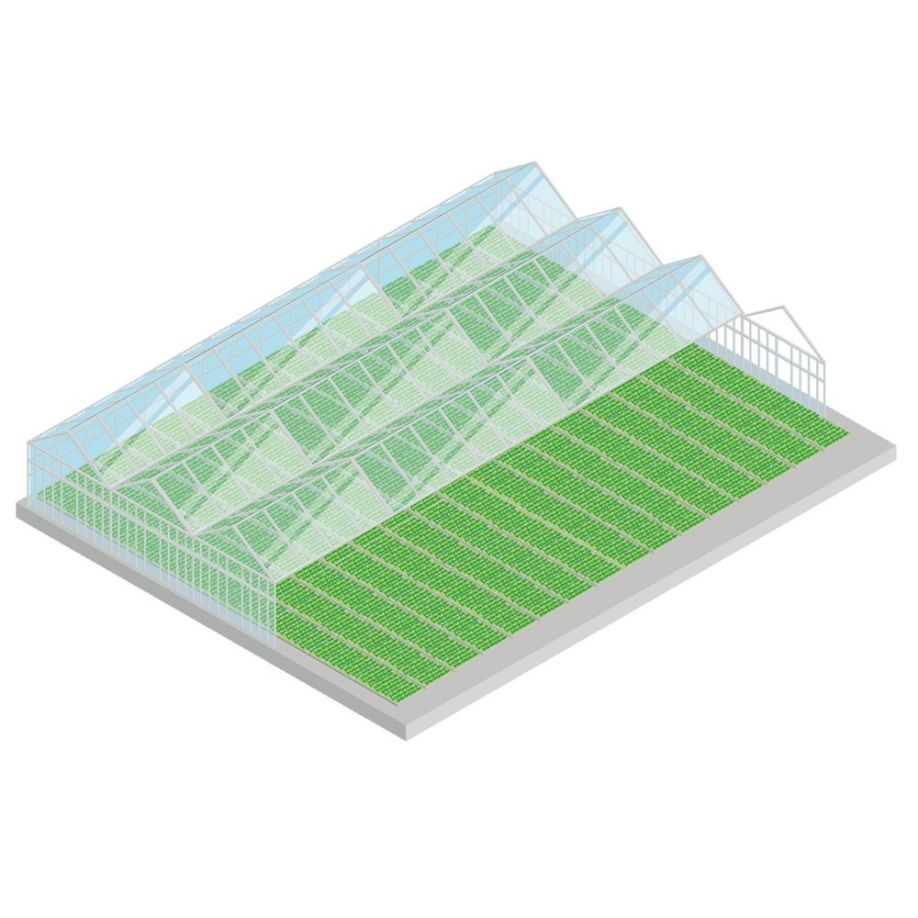

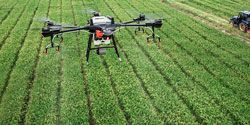

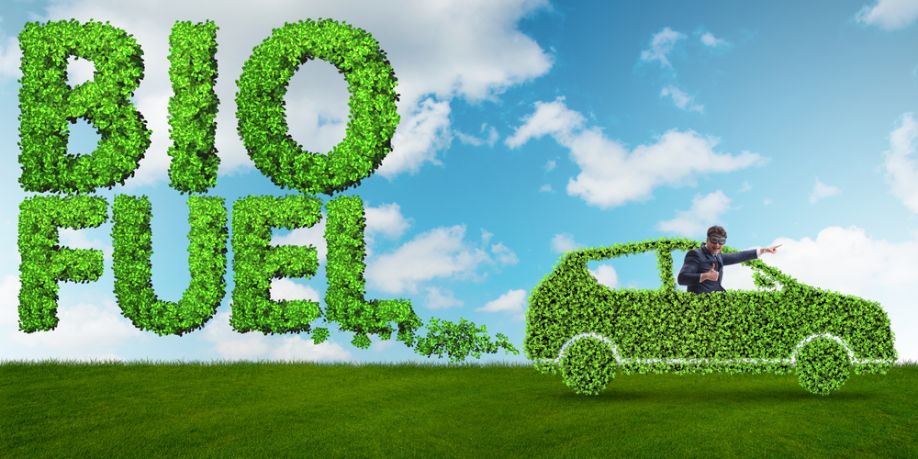
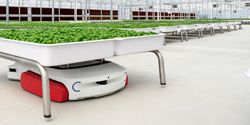

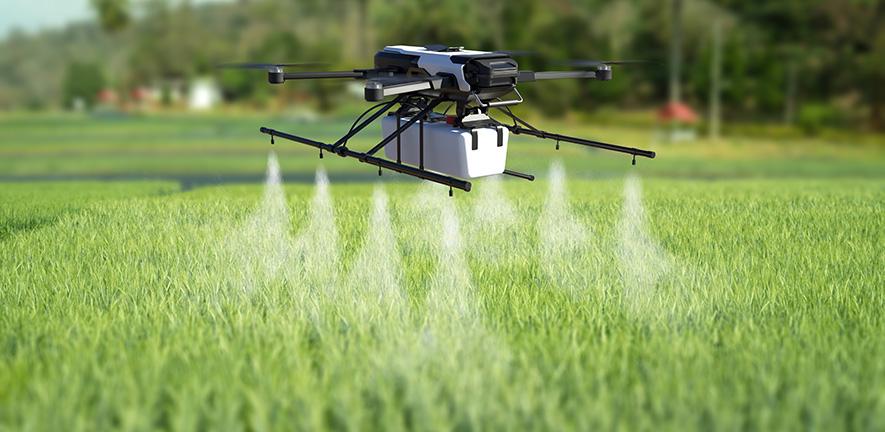
.jpg)

